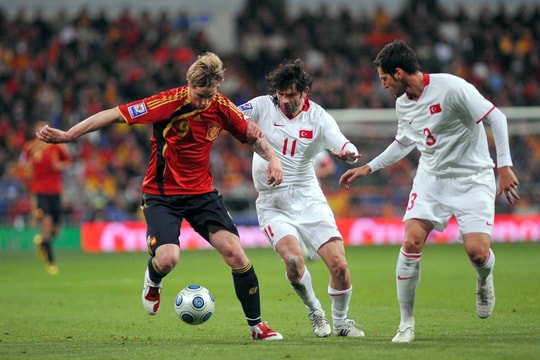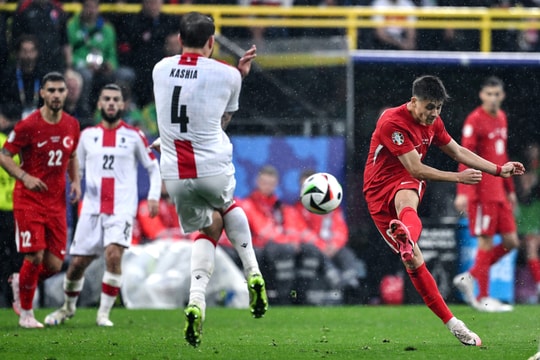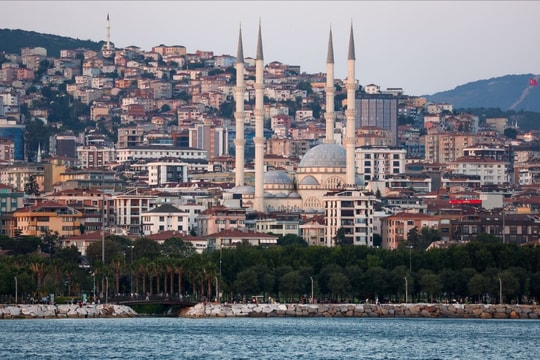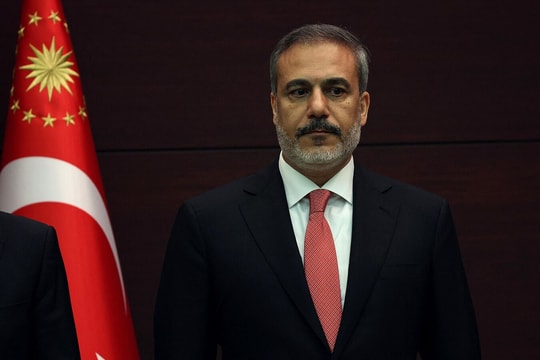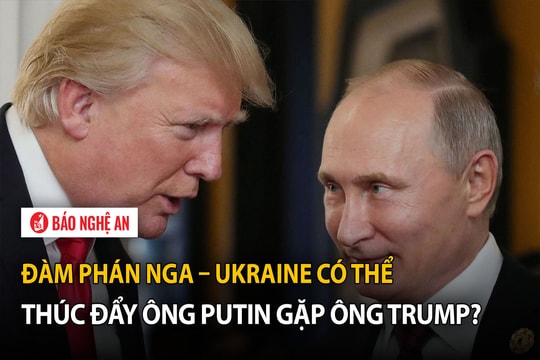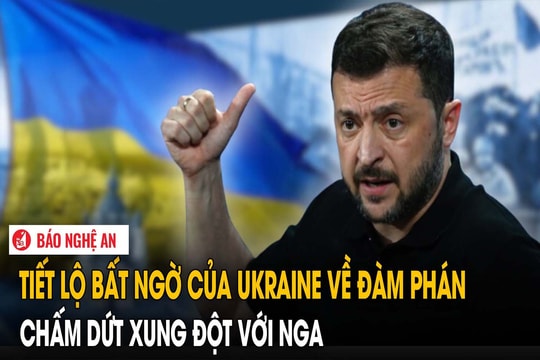EU - Türkiye facing challenges of reconciliation
(Baonghean.vn) - While internal disagreements are raging, the European Union remains united in its tough stance toward Türkiye, surrounding tensions in the Eastern Mediterranean. Already cold, EU-Türkiye relations face a difficult challenge to mend.
LITTLE SPARKS
The current crisis was sparked by the discovery of huge natural gas deposits in the Eastern Mediterranean 10 years ago. As the gas was discovered and exploited, NATO allies and their neighbors Greece and Türkiye asserted overlapping exclusive economic zones, even bringing them closer to the brink of war.
Türkiye first sent a drilling vessel to the Mediterranean in May 2019, and conducted seismic surveys and exploration off the northern coast of the Republic of Cyprus, drawing condemnation from the island nation for its illegality. In response, the European Union (EU)has sanctioned TürkiyeIn July 2019, it reduced pre-accession financial support to €145.8 million in 2020 and suspended high-level bilateral talks.
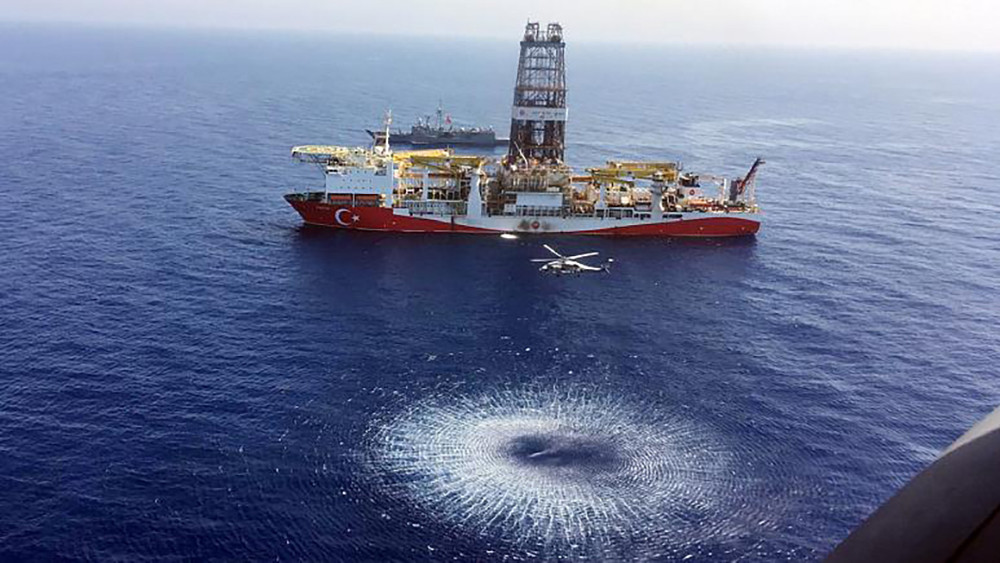 |
| Turkish oil drilling vessels in the Eastern Mediterranean, near Cyprus. Photo: AP |
Drawn into the dispute involving two member states, the EU continued to express “solid solidarity” with Greece and Cyprus, while warning Türkiye to refrain from drilling activities. But the Turkish Foreign Ministry at the time said that EU sanctions would not affect Turkey’s determination to continue its hydrocarbon activities in the Eastern Mediterranean. The situation was exacerbated by Turkey’s deployment of drilling vessels to the region this year, accompanied by naval escorts, exercising access to Cypriot waters – a move that contravenes international law.
“The two countries are playing with fire, and any spark – no matter how small – could lead to a disaster.”
Since late August, Greece and Türkiye have both put their forces on high alert, deployed customs to rMediterranean rivalryand conduct competitive naval exercises. German Foreign Minister Heiko Maas warned that the two countries were “playing with fire, and any spark – however small – could lead to a disaster.”
Given Türkiye’s assertiveness and nationalist rhetoric, many believe the EU must rethink and adopt a different relationship with Türkiye. Stefano Stefanini, Italy’s former ambassador to NATO, said Europe should stop “moving forward” on the prospect of Turkey becoming a member of the bloc – a saga that has dragged on for 21 years and with talks stalled since 2016 – and instead focus on what the future might look like, such as seeking a comprehensive relationship, “a broad relationship but not membership”.
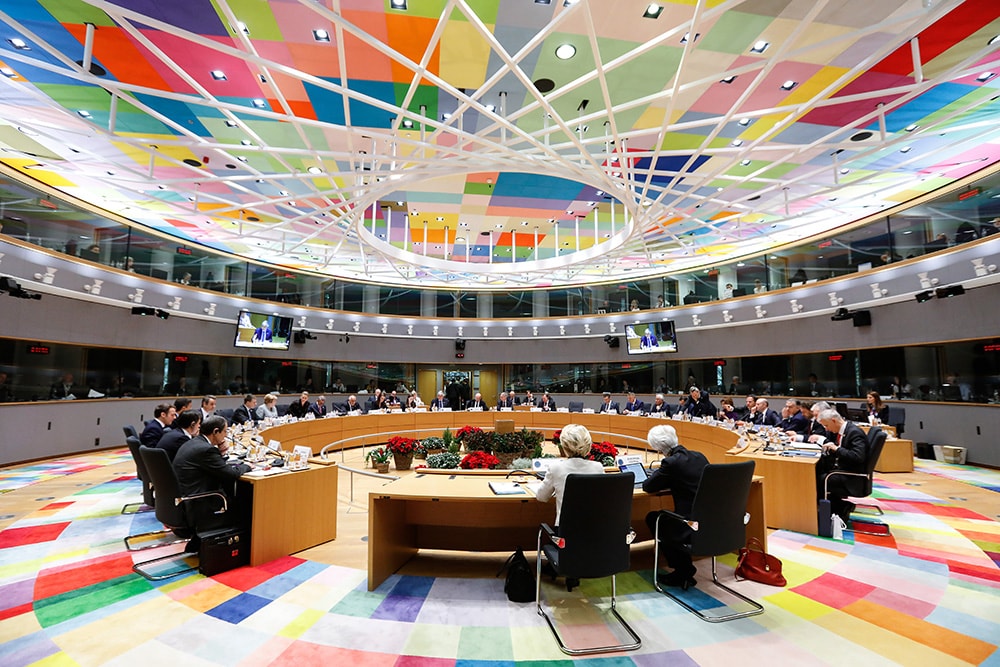 |
| The EU summit in Brussels has issued a tough statement on Türkiye. Photo: Europa |
NEW CHAPTER IN EU-TURKEY RELATIONS?
The EU is divided on how to handle the crisis. France, Greece and Cyprus want a tough line, while Germany, Spain and Italy favour a more conciliatory approach. Germany, which holds the rotating EU presidency, is keen to offer Turkey some incentives in exchange for de-escalation. Turkey, in particular, is not an EU member but is a key NATO ally, a trading partner of the EU and a key player in the EU’s migration and refugee flows.
“EU could impose uncompromising sanctions if Türkiye takes “provocative and coercive” actions in the Eastern Mediterranean”.
Speaking about EU-Türkiye relations after the EU Summit on October 2, European Commission President Ursula von der Leyen said: The EU wants a positive and constructive relationship with Türkiye. This would also benefit Ankara greatly. However, she also affirmed that in the event of Turkey's "provocative and coercive" actions in the Eastern Mediterranean, the EU could impose uncompromising sanctions.
However, that warning statement was still relatively mild compared to the wishes of some EU member states. Greece and the Republic of Cyprus, two countries directly at odds with Türkiye, even urged the EU to take stronger action, because this is not just a story between Greece and Türkiye, but also closely related to the EU's foreign relations.
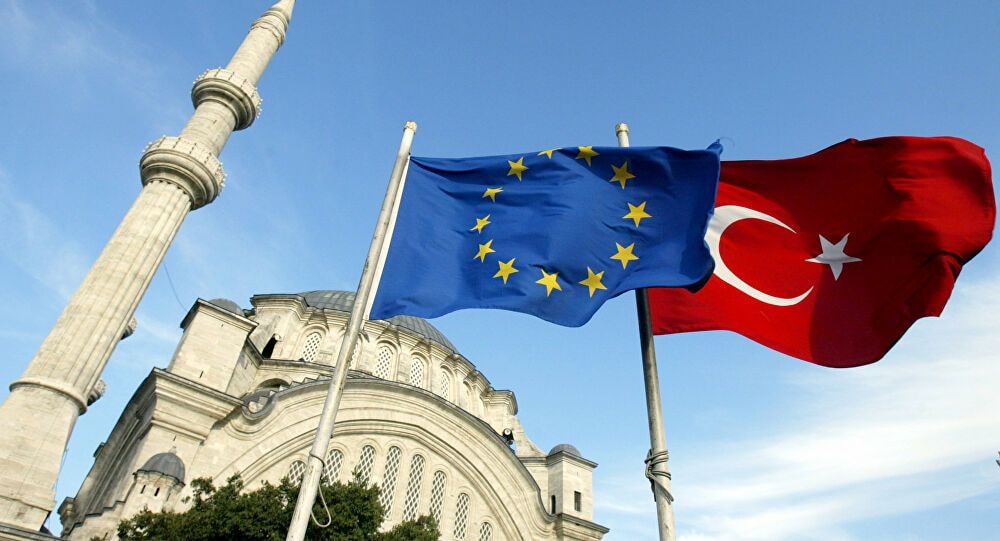 |
| EU-Türkiye relations have been rocky. Illustration photo: AP |
Finally, the EU has unanimously shown a tough stance towards Türkiye. Because for the EU, the interests of the bloc as a whole and solidarity among its members always come first. The EU needs to demonstrate that, despite internal disagreements, countries are willing to put aside their differences to protect the legitimate interests of member states that are threatened by external forces. If this is not ensured, the bloc’s reputation will be seriously damaged.
Moreover, EU-Türkiye relations are inherently “not good”. After the refugee agreement, Türkiye is now a stopover for 4.1 million refugees and migrants trying to cross the border into Europe. This puts a certain amount of pressure on the Turkish economy, while the subsidies from the EU are considered insignificant compared to the amount of money Turkey has spent on refugees.
Brussels-Ankara relations were further inflamed when Turkish President Tayyip Erdogan unilaterally declared the borders open to refugees entering the EU in March, whenCovid-19 pandemic in Europeis at its peak. This move angered the EU and declared that Türkiye was going against the terms of its commitments. Bilateral relations have cooled until now.
Although Greece and Türkiye have agreed to negotiate, the Athens-Ankara tensions have reignited old disagreements between the EU and Türkiye, and created a springboard for Brussels to pressure Ankara to implement the promised deal.
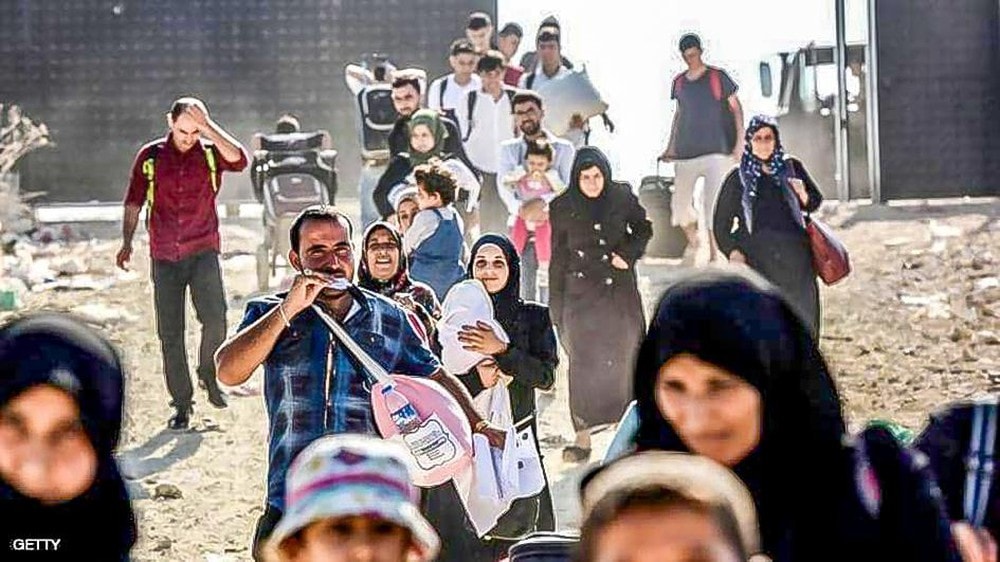 |
| A new wave of migration as Türkiye opened its borders to refugees entering Europe in March 2020. Photo: Getty |
However, the opportunity to mend Türkiye-EU relations is not impossible. In order to ensure long-term strategic interests, the EU will support the Türkiye-Greece dialogue. Portugal, which will take over the rotating presidency of the European Council in January 2021, is likely to follow Germany in repairing Europe's relations with Turkey. In the coming period, the two sides will focus on issues such as: Updating the EU-Turkey Customs Union Agreement, revising the refugee agreement, visa liberalization and an international conference on the Eastern Mediterranean.
European politicians will be obliged to work with Türkiye to develop the idea of a regional conference that would help efforts to turn the Eastern Mediterranean into a sea of peace and sharing, whether through the distribution of energy reserves or broader economic cooperation.
Türkiye remains a country that plays an important role at the crossroads of Europe, North Africa and the Middle East. Therefore, only when sitting down for negotiations, the hot spots of dispute will be calmed down./.

